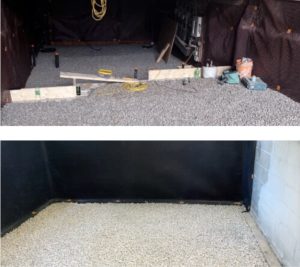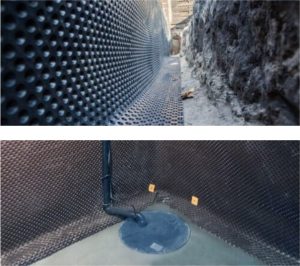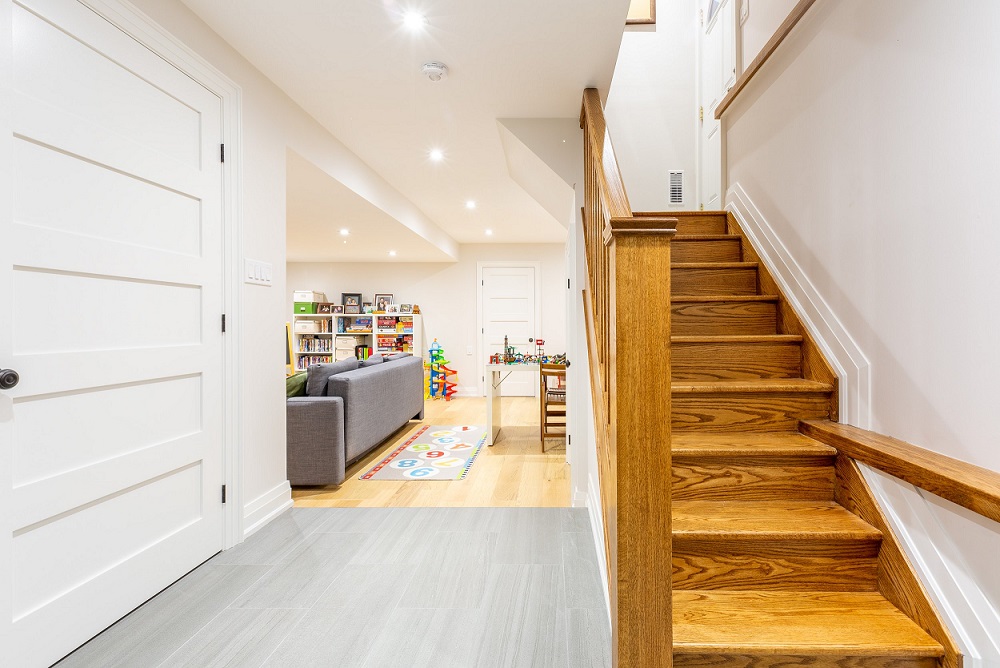When you’re planning to transform your basement into a cozy living space or a functional area, there’s something crucial you can’t ignore: permits. Don’t worry; we’ll break it down in simple terms, so you can understand why permits matter and how to get them without any fuss.
Why Permits for Basement Renovation Projects?
Think of permits as the green light to make changes to your home. They’re there to ensure your safety and the structural integrity of your house. When you renovate your basement, especially if it involves significant changes like basement underpinning or lowering, permits help keep everything in check. You can take a shortcut if you do not want to do your homework, but it won’t be a longcut. A simple shortcut is to hire one of the best basement underpinning and lowering contractors in your area and let them handle your headache. It’s not a big deal, is it?…

1. The Building Permit
This is the big one. The building permit comes from your local building department. It’s like the permission slip for your basement project. Here’s what you need to know:
- Detailed Plans: You’ll need to show the folks at the building department your detailed renovation plans, including the structural stuff. It helps them see that your project is safe and follows the rules.
- Inspections: During the renovation, expect a few visits from the building department. They want to make sure your project stays on track and safe.
- Fees: Yes, there are some fees involved in getting a building permit. The cost can vary depending on how big your project is.
2. Plumbing and Electrical Permits
If your basement makeover includes new plumbing or electrical work, you might need separate permits for these. Here’s the deal:
- Plumbing Permit: This one’s for when you’re adding new plumbing stuff, like a bathroom or a kitchenette.
- Electrical Permit: When you’re dealing with electrical changes, like wiring, new outlets, or extra lights, you’ll need this one. Licensed electricians usually handle these permits.

3. Structural Engineering Report
If your project includes things like underpinning or lowering your basement, you might need to provide a structural engineering report. It’s like showing your work in math class. This report explains how your changes won’t mess up your home’s foundation.
4. Excavation and Environmental Permits
You might need additional permits if your renovation involves digging or soil removal. These can help protect the environment and make sure you’re following the rules.
5. Zoning Approval
Zoning rules can be different depending on where you live. Checking with your local zoning department is like making sure you’re following the neighbourhood’s game plan. This approval ensures your project fits with local land-use regulations.
6. Heritage or Conservation Permits
Some areas have extra rules if your home is in a historic or conservation district. These permits make sure your renovation won’t harm the historical or environmental charm of the area.
7. HOA Approval
If you’re part of a homeowners’ association (HOA), there might be specific rules or approvals needed for your basement renovation. These help keep the neighborhood’s look and feel consistent.
8. Demolition Permits
When you’re taking down walls or structures in your basement, a demolition permit comes into play. This permit ensures that everything gets safely removed.
Getting permits for your basement renovation might seem like a lot, but they’re essential. They’re like the rulebook for your renovation game. Without them, you might face delays, fines, or even having to stop your project.
So, here’s the simple plan: Do your research, find out what permits you need, and get them. It might take a little extra time and effort, but in the end, you’ll have a safe and legal basement transformation that you can enjoy for years to come.



